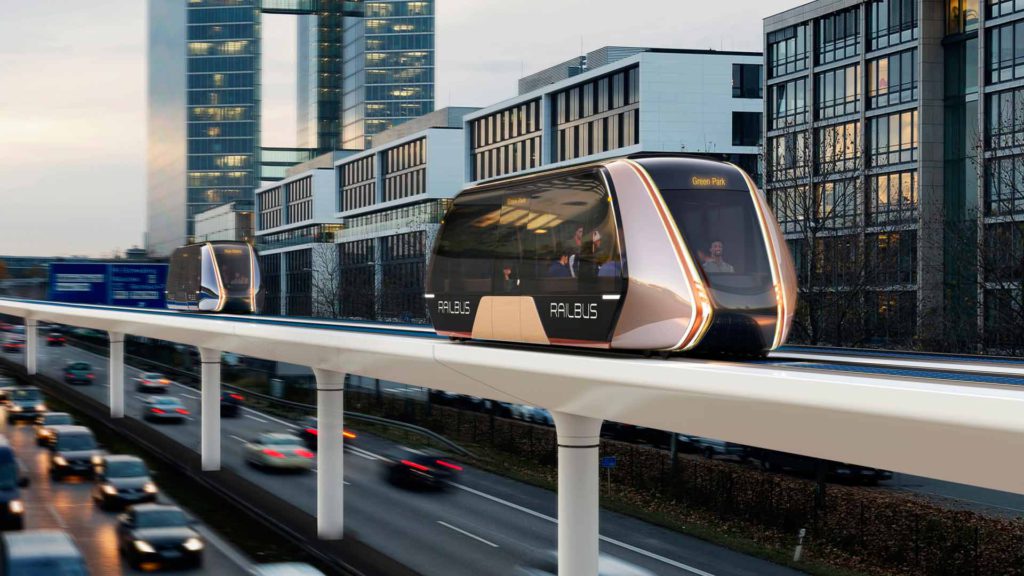Dhaka Note Desk

As Bangladesh confronts the dual challenges of rapid urbanization and an ever-growing population, the need for innovative and sustainable transportation solutions has never been more urgent. Our cities, particularly Dhaka, are choking under the weight of traffic congestion, and our rural areas remain disconnected due to inadequate transport infrastructure. In this scenario, the railbus emerges as a beacon of hope, promising a transformative impact on the nation’s transportation landscape.
A railbus, as the name suggests, is a hybrid vehicle that combines the best features of a bus and a train. It operates on conventional railway tracks but is lighter, more flexible, and less costly to run than traditional trains. This makes it an ideal solution for areas with lower passenger volumes—precisely the kind of innovation that Bangladesh’s fragmented and overstressed transport system desperately needs.
One of the most compelling advantages of the railbus is its potential to enhance connectivity in underserved regions. Bangladesh’s rural and semi-urban areas often suffer from poor transportation links, making it difficult for residents to access essential services and economic opportunities. Railbuses can effectively bridge these gaps, providing regular, reliable service where full-sized trains would be economically unfeasible. This could lead to a significant uplift in the quality of life for many Bangladeshis, offering them improved access to education, healthcare, and employment.
The economic benefits of railbuses cannot be overstated. Their lower operational costs compared to conventional trains mean that fares can be kept affordable, extending the reach of public transportation to a broader segment of the population. For a developing nation with budgetary constraints, railbuses represent a pragmatic approach to expanding our rail network without the need for massive financial outlays. This cost-effectiveness is crucial for Bangladesh, where every taka spent must yield maximum benefit.
Bangladesh’s air quality, particularly in urban areas, is a growing concern. Railbuses, with their lower emissions compared to diesel buses and private vehicles, offer a greener alternative. By adopting railbuses, we can make significant strides towards reducing our carbon footprint and combating the adverse effects of climate change. This aligns with our national commitment to sustainable development and environmental stewardship.
Urban traffic congestion is one of the most visible and frustrating manifestations of our current transportation woes. In Dhaka, hours are lost daily in gridlock, affecting productivity and quality of life. Railbuses can alleviate this by providing a reliable alternative to road travel, thereby easing the burden on our overtaxed road networks. Fewer vehicles on the road mean less congestion, shorter travel times, and reduced stress for commuters.
Beyond the practical benefits, railbuses have the potential to drive social and economic inclusion. Improved transport connectivity can empower marginalized communities, offering them better access to opportunities that were previously out of reach. This can lead to more equitable economic growth and a more inclusive society, where everyone has a fair chance to thrive.
